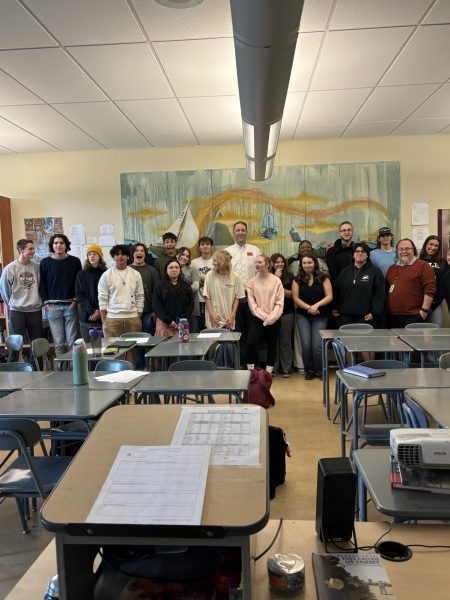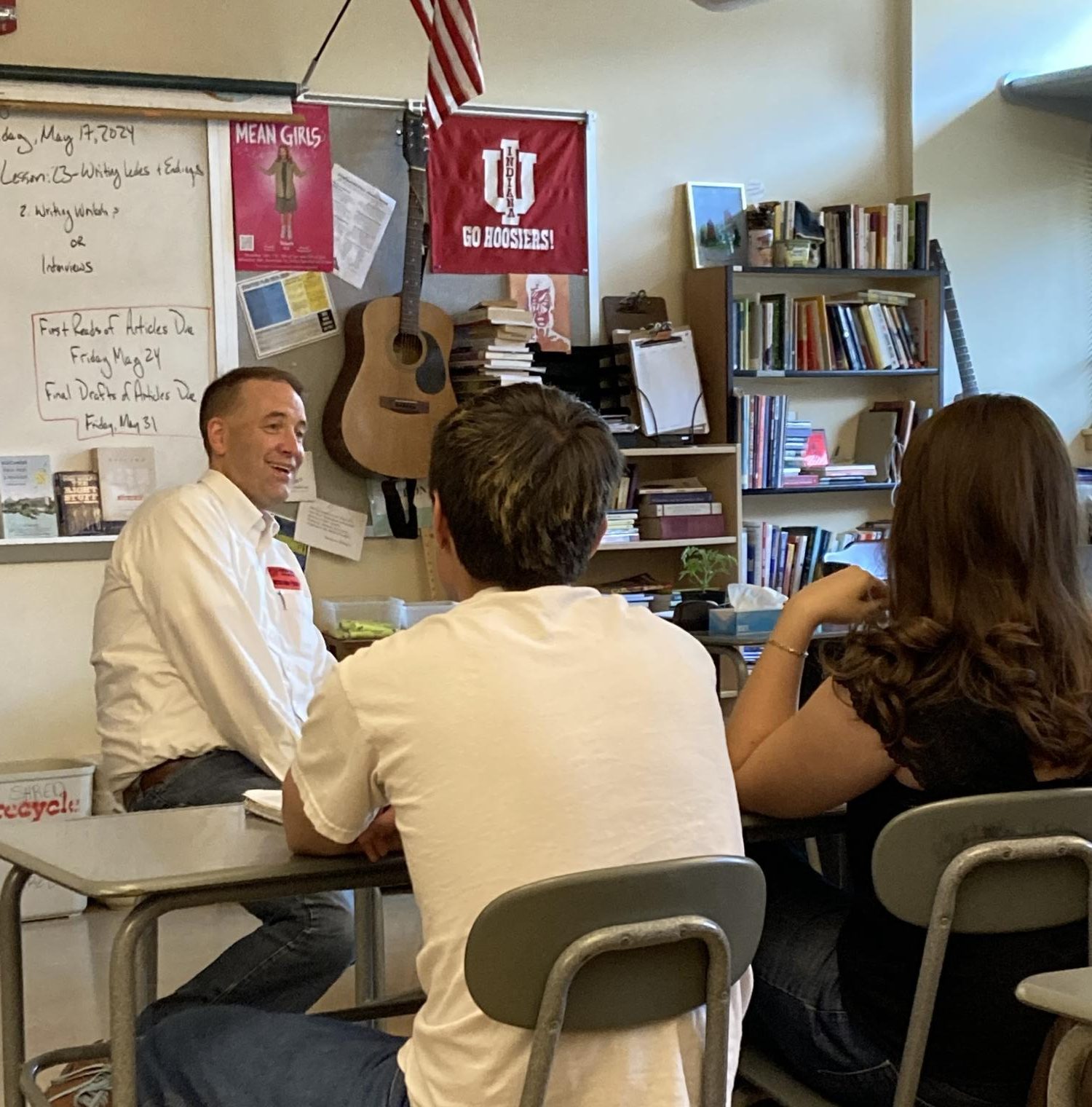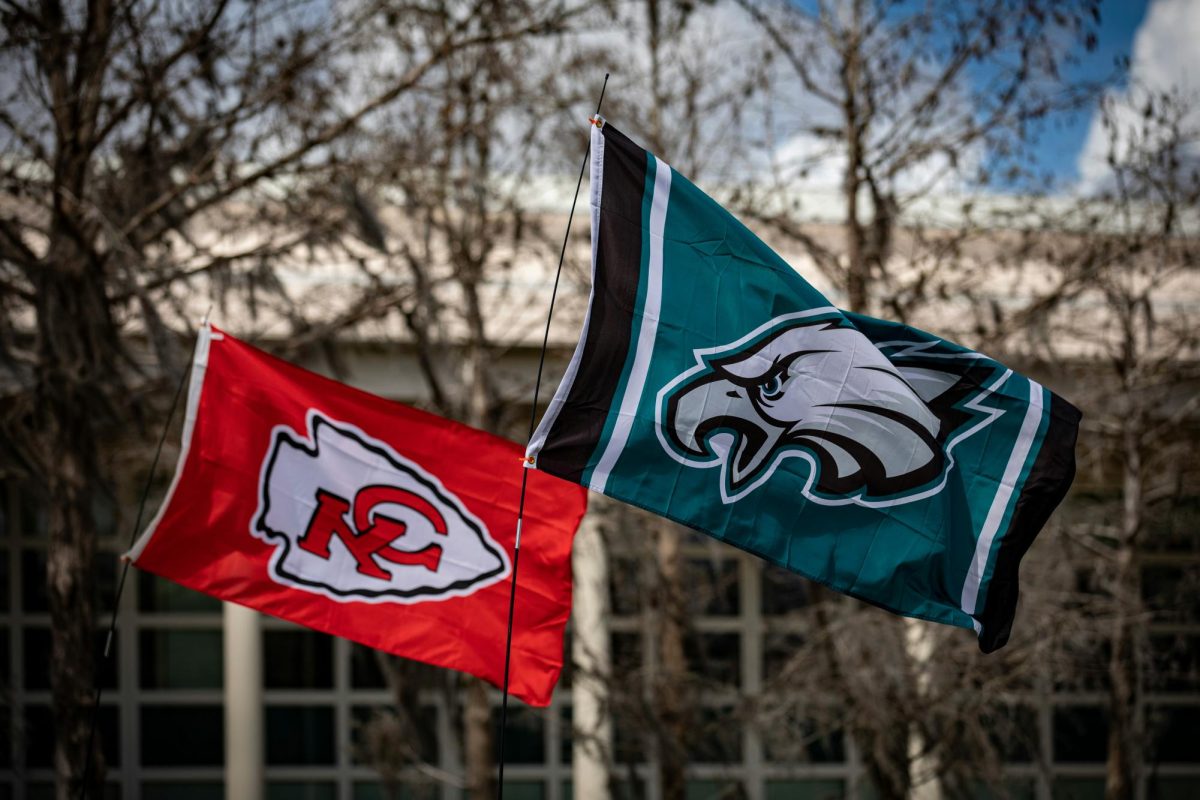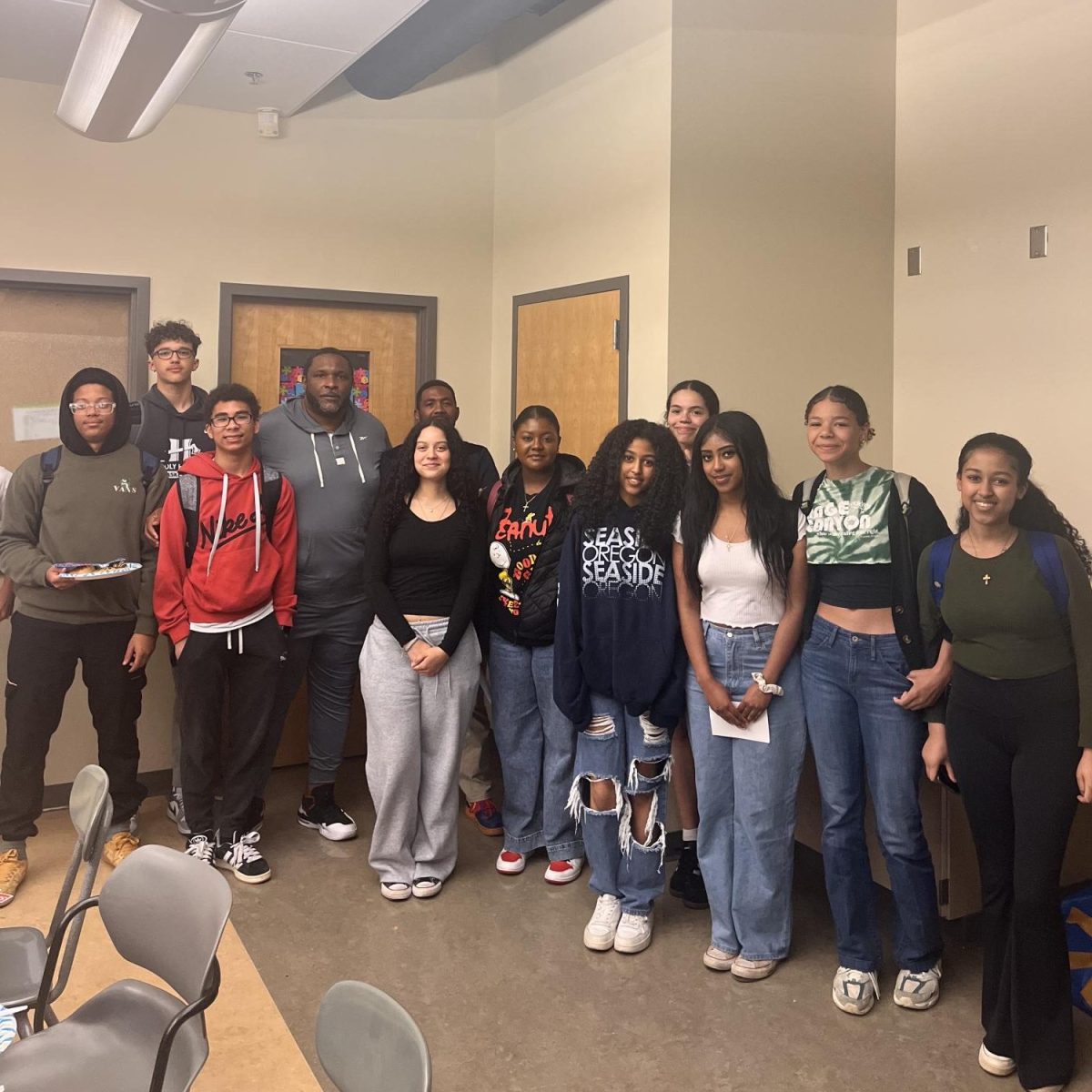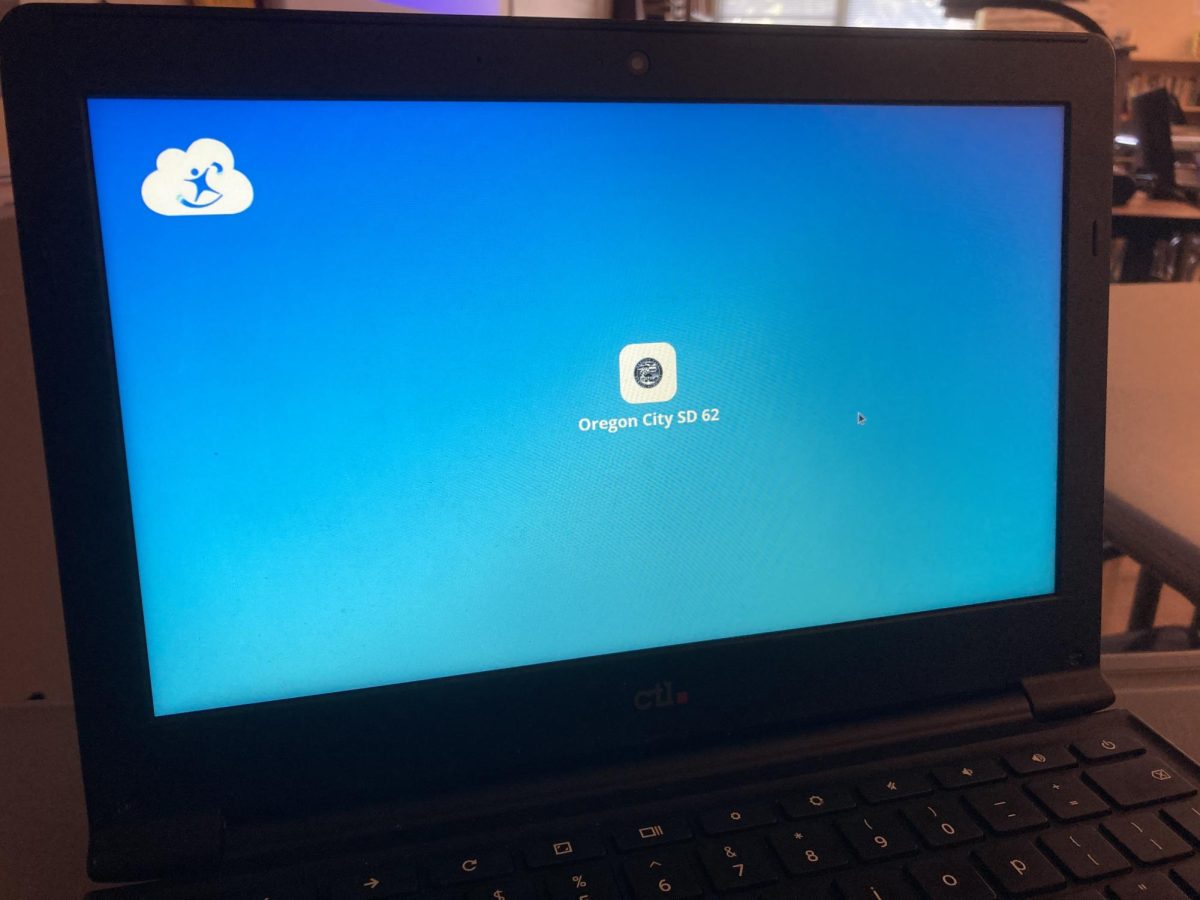Students at Oregon City High School (OCHS) were greeted on May 17 by Oregon Treasurer Tobias Read during their 5th period, days before voters elected him for the Democratic nominee for the Secretary of State position, open during the November elections.
For the final trimester of the year, Patrick McDonald teaches media literacy for his students in his American Comparative Literature course; for the entire trimester, he challenges students to find and cover a topic and interview an expert in their respective fields.
For juniors Grace Flynn, Neville Hicks, and Chantell Renner, their chosen topic was inflation, and they decided to reach out to Read, to which he’d respond.
At first, McDonald said he didn’t believe Read would accept the invitation for an interview. “You’d expect officials at that level to be busy, and so they’d only provide resources in the form of a link to a website.”
For Read to visit, McDonald said, was “tremendous” and added it showed he values their education.
“I imagine it will be a memorable experience for them,” McDonald said.
To begin the interview, Flynn, Hicks, and Renner inquired about his background. Read responded by noting his congressional tenure at Oregon’s State House from 2007 to 2017, when he replaced Portland mayor Ted Wheeler as treasurer. During his tenure as a representative, Read said he aligned with how the treasury worked despite not having a choice.
For the bulk of the interview, Read spoke in length about inflation and its functions, such as the “cost of production” and “expectations”, which he explained by using the pandemic toilet paper shortages as an example. “If you think the price will increase for an item, you want to buy more,” Read said, noting that this behavior can “exacerbate” inflation.
The interviewers inquired about the target inflation rate set by the Federal Reserve, and how it compared with current inflation rates, to which Read agreed that it remains relatively high but said that “it’s becoming harder and harder to get inflation down.”
However, he noted that for some items, the rate of inflation is going down, citing the recent 7.3% decrease in the consumer price index for eggs.
For the Federal Reserve, the interviewers inquired about why the target inflation rate isn’t 0%.
In response, Read said that it shouldn’t be.
“We have to factor in fiscal policy. At 2%, it gives you more room to work with fiscal policy,” Read said.
After taking questions from the panel, Read invited questions from other students in the classroom.
One student asked about how he factors his opinions into his work, to which Read answered by saying he likes to start with data, adding that the only opinionated portion of his work are his interpretations of it.
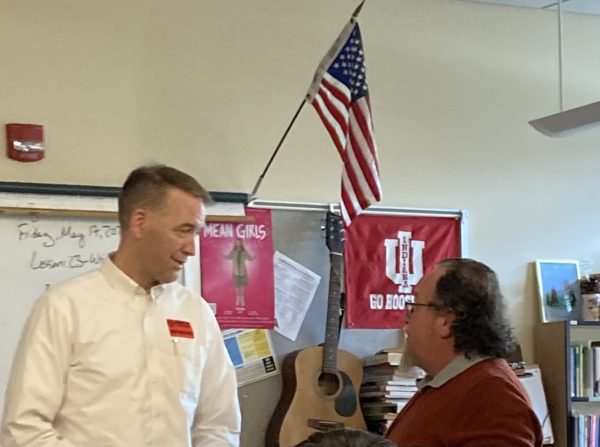
Another asked about Measure 110’s impact on the treasury. Read said that Measure 110, which legalized small amounts of narcotics and promoted rehabilitative funding, doesn´t impact his treasury directly, and noted that his agency only has a “select few responsibilities.”
Read noted some of the responsibilities the Oregon Treasury holds include dealing with the College Savings Program but said the agency does observe where funding goes.
After questions finished up, Read took the opportunity to take photos with McDonald’s classroom, including the interviewers, before OCHS let out for the day.
